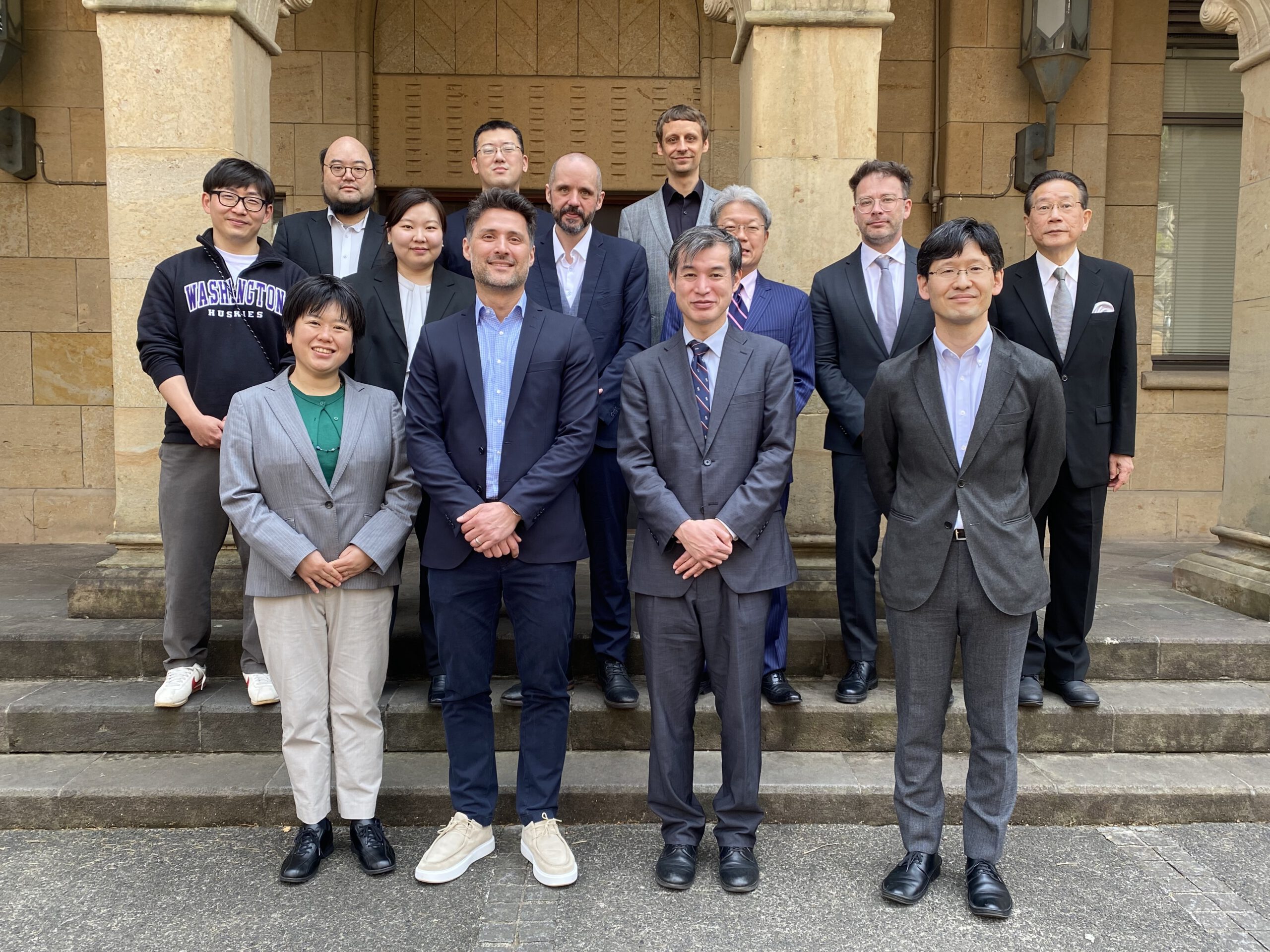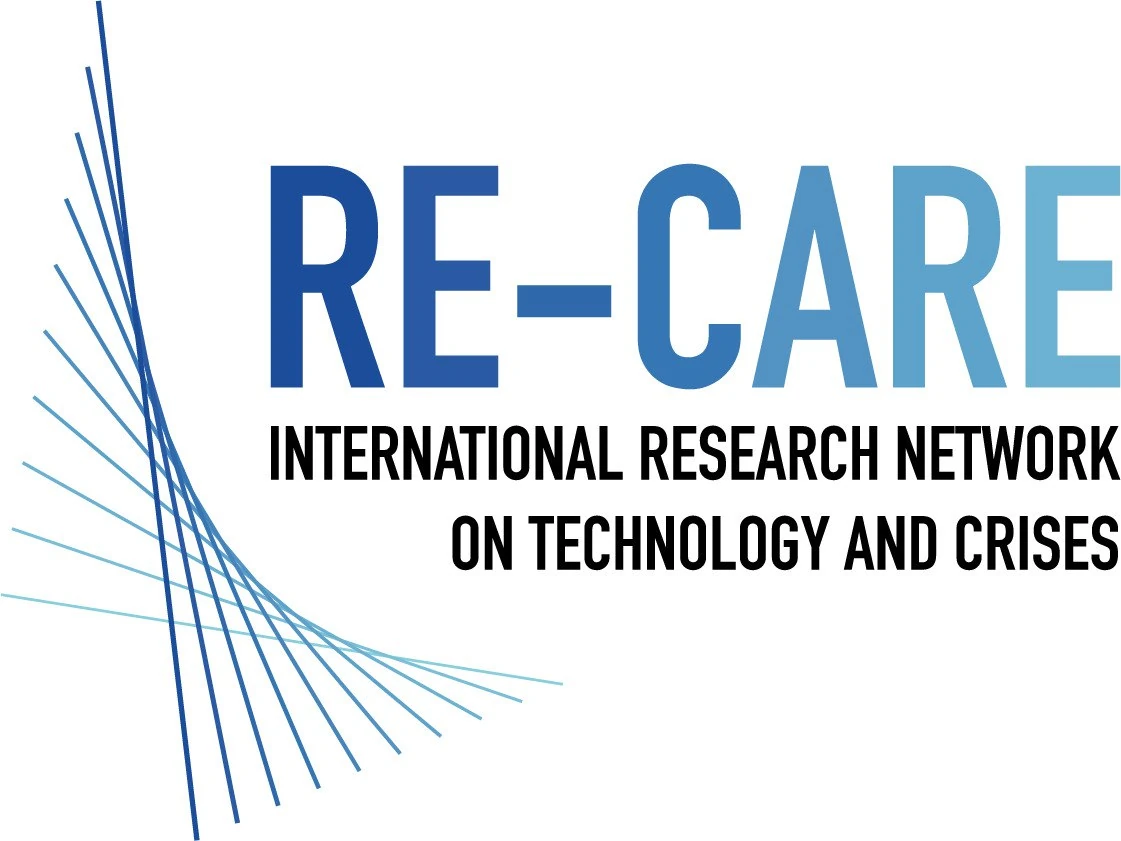“Resilient Healthcare”
#1 RE-CARE Conference at Tokyo University, March 2025

April 1, 2025
Gabriel Bartl, Dennis Krämer
With the goal of establishing a long-term German-Japanese research partnership, the RE-CARE network met for the first time at the University of Tokyo on March 24 and 25, 2025. Over two days of intensive discussion, the members examined how different cultural contexts influence the way crises are perceived, managed and communicated, while also reflecting on the increasing role of technology.
A key theme of the conference was the need for a cross-cultural understanding when defining and responding to crises. While influential researchers like the sociologist Ulrich Beck are well-known in both Japan and Germany for their work on risk and crisis, the conference participants argued that treating crises mainly as scientific or technological outcomes of modern industrial societies overlooks key developments of the 21st century—particularly the rise of AI and the dynamics of social media and especially the production of misinformation.
It also became apparent that the COVID-19 pandemic, although no longer at its peak, continues to have far-reaching effects in both countries. From schools and child welfare to the economy, the legal system and sports, COVID-19 remains a disruptive force in Germany and Japan. Heightened levels of anxiety and depression among children have been widely reported, and public mistrust in government decisions—driven by rumors surrounding the handling of private health data—persists.
In exploring the cultural logics that shape crisis responses, the RE-CARE members highlighted how Japanese society places strong emphasis on social unity, influencing everyday interactions and collective decision-making. In contrast, the RE-CARE network described how, in Germany, entire sectors of society seemed to “stand still” during the peak of the pandemic, throwing daily life into a state of near-invisibility—empty streets, closed workplaces, locked-down schools and sports facilities.
However, the network emphasized that crises do not only have negative consequences; they also provide opportunities to learn and better prepare for future challenges. One example raised during the conference was the concept of triage as a “trolley problem”, raising the crucial question of how to save as many lives as possible in times of acute crisis. Participants also emphasized that interdisciplinary research has always played a key role in crisis management in both Germany and Japan.
Building on these insights, the RE-CARE network called for the development of a crisis-centered concept of resilience at the end of the initial conference. This evolving framework will be a central topic at the next RE-CARE conference, scheduled to take place at the University of Münster on August 25 and 26, 2025.

This project is funded by the German Research Foundation (DFG).
The information contained on this website does not necessarily reflect the official position of the DFG.
